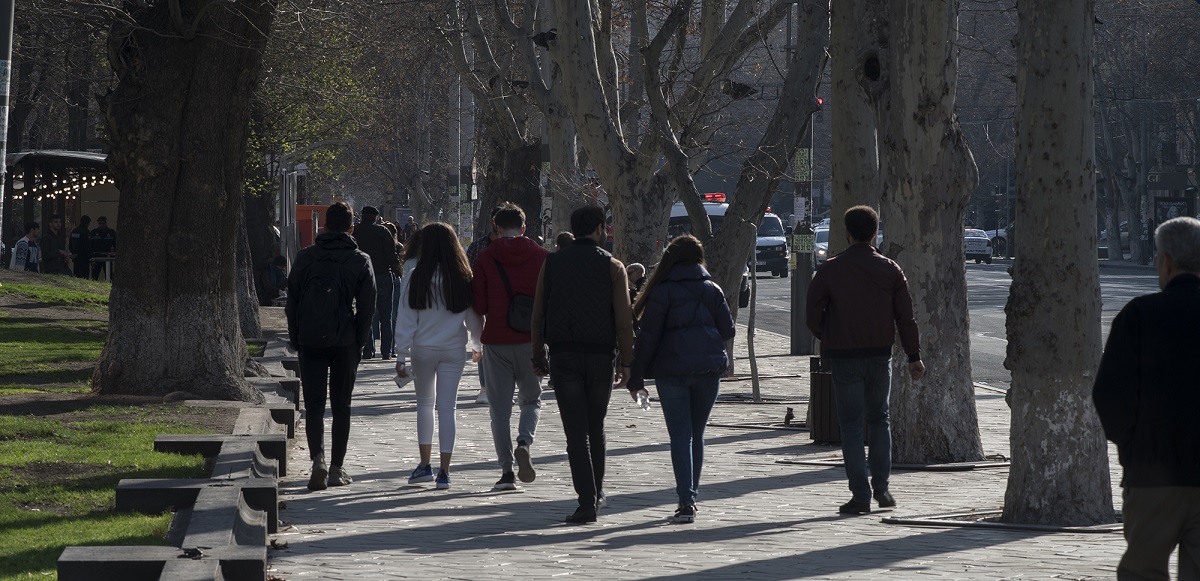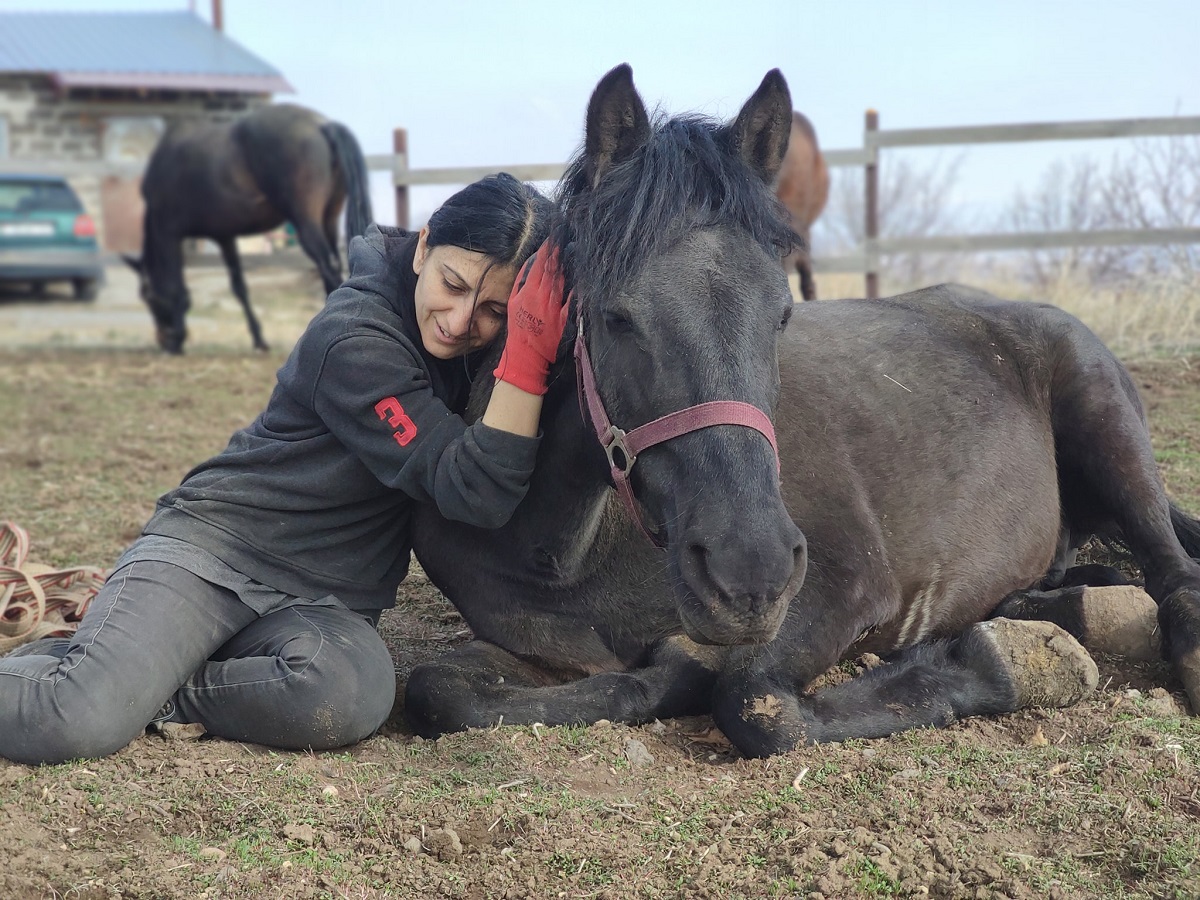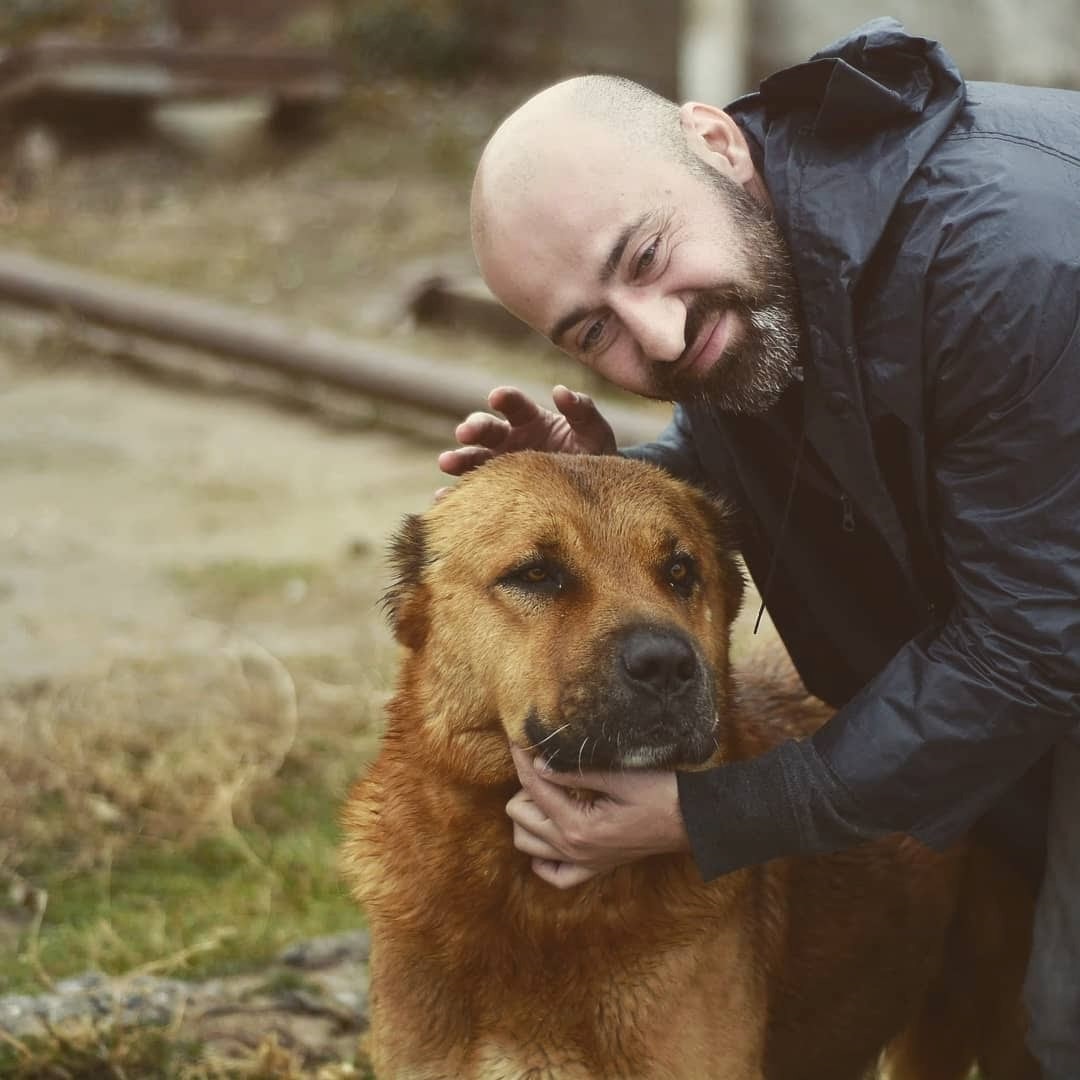'We don’t have any rights’ - how people with disabilities struggle in Armenia
Rights of people with disabilities in Armenia
The creation of an inclusive society in Armenia is being talked about at all levels – from civil society to high-ranking government officials. About a year ago, the country passed a law on the rights of people with disabilities, which prohibits any discrimination based on disability. However, in real life the picture is quite different.
- 90 seconds: from orphanhood to adulthood in Armenia
- Armenia’s children with disabilities often abandoned, rarely adopted
- ‘Not the child we dreamed of’ – how Armenia is preventing the abandonment of disabled children
“Don’t worry in vain, find yourself a driver”
Lush curly hair and a fresh neat white manicure immediately catch the eye. 26-year-old Suzi Grigoryan manages everything during the day – work, entertainment, sometimes extreme sports. She is also engaged in protecting the rights of people with disabilities and is a co-founder of a public organization. Susie has a disability and she has a dream that is still incompatible with it․
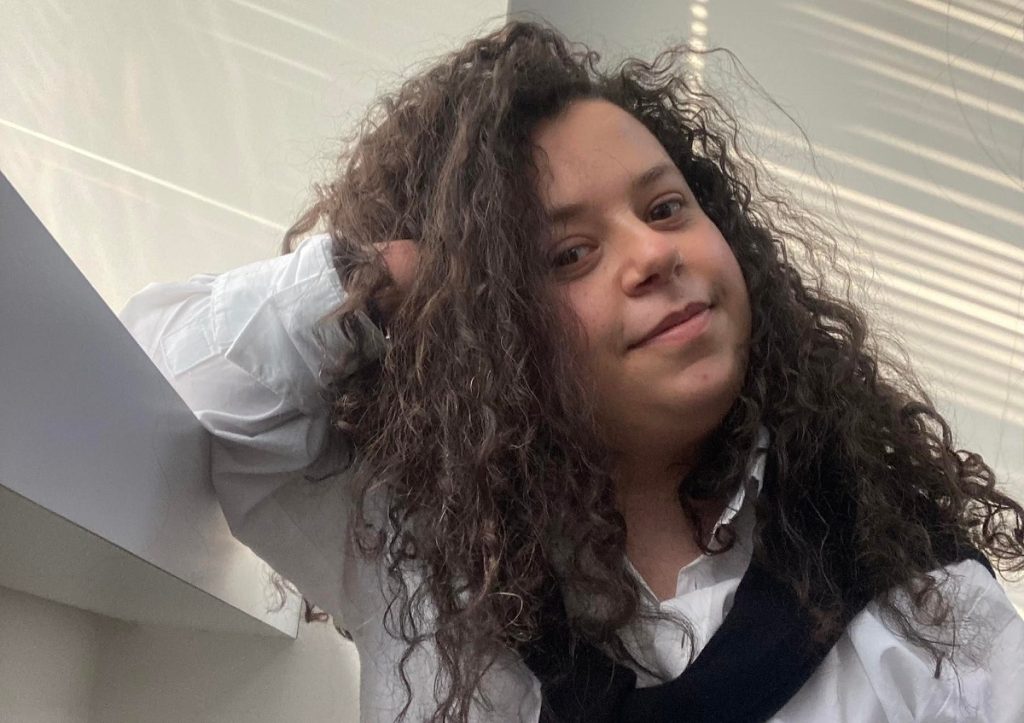
“Actually, my dream is not impossible․ I just want to learn how to drive a car. Today in Armenia it is impossible. I applied to almost all driving schools, but when they hear that I have a disability, they answer: “Sorry, we have nothing to offer you”. The fact is that in Armenia there are no adapted cars that people with disabilities can use to learn driving.
In my case, the matter is quite simple: instead of the gear lever, which is used to switch the speed by hand, you need to install a pedal. Driving schools, of course, could adapt one of their cars, but they do not see the point. Because to get a driver’s license, you still need to pass an exam in a car with a manual transmission”, Susie explains.
She was born without one of the bones in her forearm, her arms are underdeveloped. But this does not affect her activity in any way.
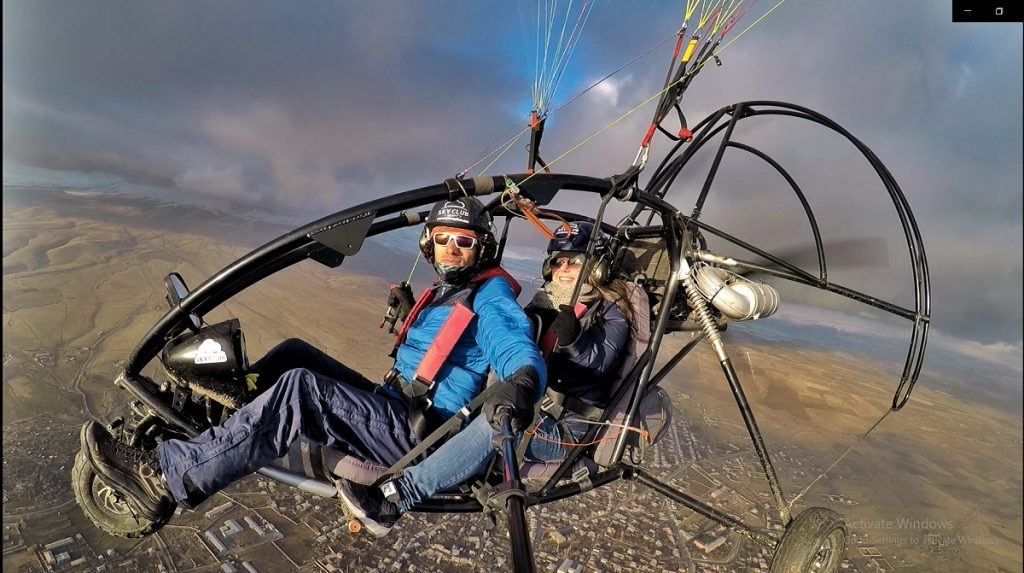
Suzi has already managed to fly on a paraglider, but is unlikely to learn to drive – at least in the coming years. None of the more than 50 driving schools in Armenia provide training and examination vehicles for people with disabilities.
“At first, when I was interested, I studied possible options, in one of the driving schools I was “very kindly” advised not to suffer in vain and find a driver, as there would not be any way to work. After that, I had two more unsuccessful attempts․ By using an acquaintance, I went to a driving school and took three lessons. The problem was that I could not adjust the car seat while sitting. Every time I had to get out of the car, adjust the seat and get back in. And it would be easy if the seat was automatically adjusted.
The second attempt was with a private driving instructor. The poor fellow was so tense because of my disability that I realized that I would have to take him to a psychologist later so that he could overcome the stress”, Susie jokes.
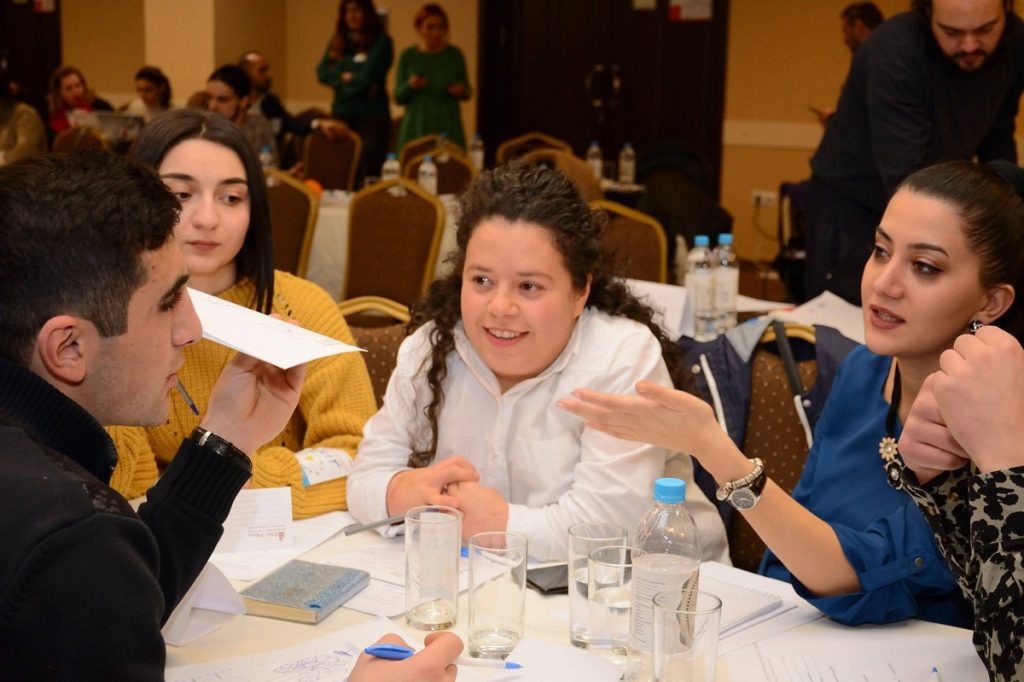
In her case, there is only one solution: buy a car, adapt it, learn to drive and pass the exam in her own car. But Susie does not consider this a solution to the issue:
“Learning to drive your own car and pass the exam is only half the battle․ According to the law, in order to obtain a driver’s license, you must also submit certificates from seven different doctors. And they often have a biased attitude towards disability, they are guided by a medical model and absolutely do not take into account the ability of a person to drive a car”.
Now Suzi is overloaded with work, but she says that as soon as she has more time, she will definitely return to this issue:
“It’s not just about me, it could set a precedent for thousands of other people whose rights are restricted by law”.
Children’s home where adults live
The Nor Kharberd specialized orphanage for children with disabilities houses 237 people, 164 of them are no longer children.
Hamlet and Arsen have been falling asleep for more than 20 years and waking up at the appointed time – under the supervision of nannies. They have almost no free time: Hamlet creates pottery in the small workshop of the orphanage, and Arsen makes toy cars out of wood. All conditions have been created here for them to do what they love, but both have one dream – to leave the walls of the orphanage.
“I want a house, a piece of land to cultivate, sow and harvest, I want to have my own house”, Hamlet says confidently.
“I also want a house and my own family”, Arsen adds with a smile.
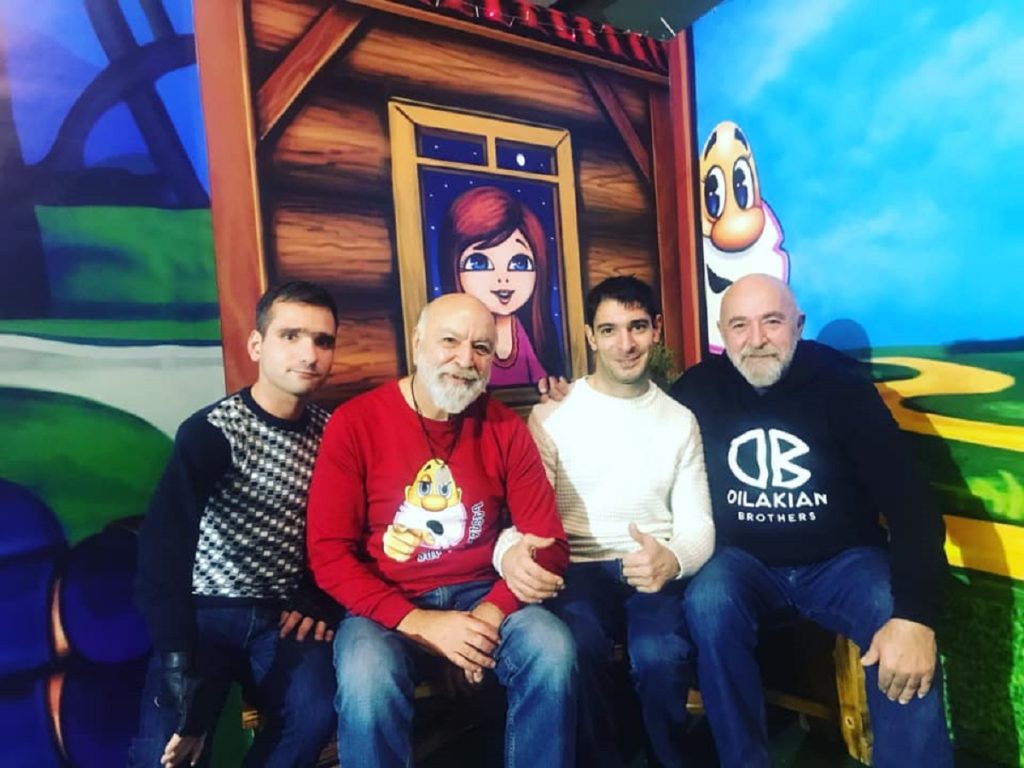
The biggest problem is making arrangements for pupils who have reached the age of maturity, says the director of the specialized orphanage Harutyun Balasanyan:
“We applied to the ministry to have 12 of our graduates become beneficiaries of the housing program, but all applications were denied. I am confident that at least four applicants have sufficient self-care skills to take advantage of the opportunity to live independently”.
The Ministry of Labor and Social Affairs confirms that it has received applications from graduates of the Kharberd Specialized Orphanage. But the department decided that “it is in the interests of orphanage graduates who do not have self-service skills to provide them with housing without issuing a certificate of buying an apartment, but with a mechanism for providing small houses and providing some care to them”.
Thus, the state refuses to provide certificates for the purchase of apartments to graduates of orphanages with disabilities, condemning them to life in psychiatric dispensaries, regardless of their type of disability.
Today, 193 graduates of orphanages with disabilities live in Armenia.
When state breaks the law
Mushegh Hovsepyan, head of the Disability Rights Agenda NGO, considers this approach of the government to be discriminatory and contrary to the law on the rights of people with disabilities:
“This decision is a form of discrimination, because it states that “beneficiaries who do not have self-service skills” are not entitled to receive a certificate for the purchase of an apartment. Meanwhile, the Convention on the Rights of Persons with Disabilities recognizes the right of persons with disabilities to make decisions and receive assistance for this purpose.
In exceptional cases, when it is impossible to ascertain the will of a person, even with the best efforts, it is permitted to be guided by the best, most favorable interpretation of the will and preferences of a person with disabilities, and not by a distorted understanding by the state of the “interests” of an adult”.
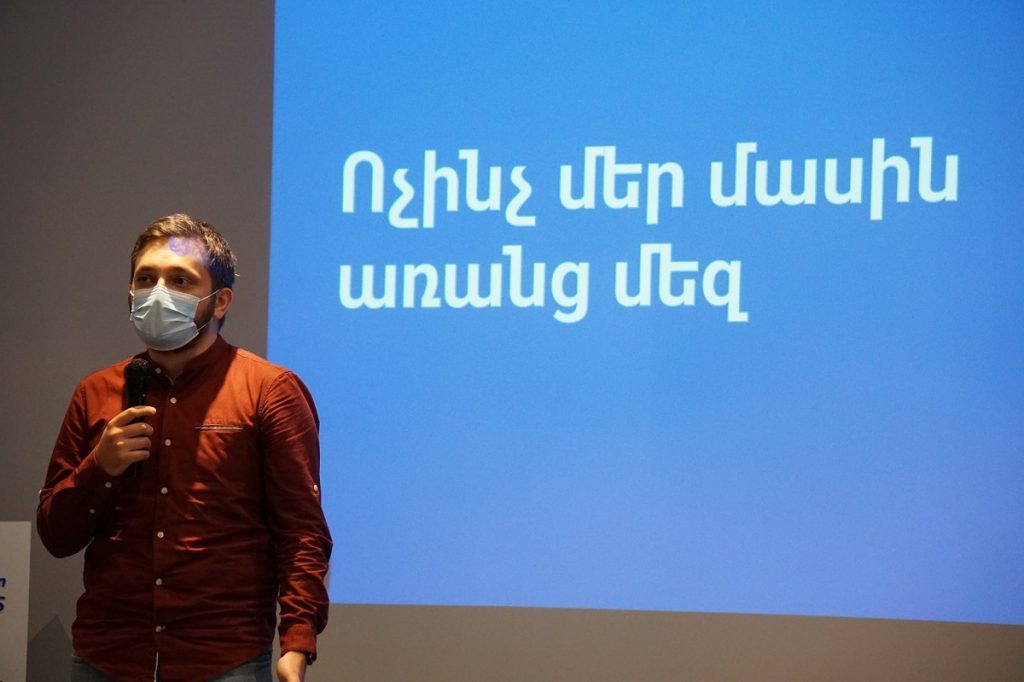
At the same time, ensuring the realization of the right to choose a place of residence is one of the directions of state policy, enshrined in law.
The European Committee of Social Rights has recently raised concerns about the realization in Armenia of the right of people with disabilities to affordable housing, discriminatory legislation and limited means of support for them to live in communities. And the committee is awaiting comments from the government on this matter.
“In fact, this decision creates grounds for the rejection of eligible applications from people with disabilities for obtaining certificates for the purchase of apartments – solely because of their disability.
The argument that they may be in a dangerous situation because they lack certain skills cannot justify discrimination. On the contrary, it proves the need for the state to fulfill its duty to ensure the security and well-being of people, to protect them, and the need to promptly create services for helping people live an independent life”, says Mushegh Hovsepyan.
As a possible alternative, the expert suggests helping those who will move from government institutions to their homes by adapting their housing, providing them with home care and services of a personal or social assistant.
After lengthy discussions with the ministry, Mushegh Hovsepyan addressed this issue three times to Armenian Prime Minister Nikol Pashinyan during his big press conferences.
The question never sounded on television and, of course, remained unanswered.
- Employement of Karabakh war veterans – how the issue is resolved in Armenia
- ‘No winners’: gambling addiction and its victims in Armenia
- Armenian villagers living near the Azerbaijani border demand a security zone
“Legal” discrimination: when inequality is enshrined in law
The issue of housing is not the only manifestation of discrimination based on disability. In particular, people with disabilities and certain diseases cannot hold positions in any structures and institutions.
So, a person who has a “violation of body size”, for example, he is very fat or small in stature, cannot become a prosecutor or civil servant of the prosecutor’s office. In the approved list of restrictions, these “deviations” are defined as “pronounced external deformity”.
For example, a person “without an upper or lower pair of limbs” cannot apply for a job in a special investigative service and an investigative committee.
A blind or deaf person, as well as a person with cancer or severe diabetes, cannot be appointed as a judge.
People with disabilities are deprived of the opportunity to adopt children, and in case of mental health problems, they can be deprived of parental rights.
People with disabilities or those who are otherwise incompetent are deprived of almost all rights to make decisions about their lives.
And these are just a few examples of “discrimination enshrined in law,” Mushegh Hovsepyan, head of the NGO Disability Rights Agenda, says:
“From the constitution, which disenfranchises those declared incompetent, to government regulations, ministerial orders, there are hundreds of legal documents that have discriminatory provisions. But in order to gradually get rid of them, you need to have a perception of equality and political will, as well as the ability to coordinate this work. Unfortunately, all three factors are absent today”.
Rights of people with disabilities











